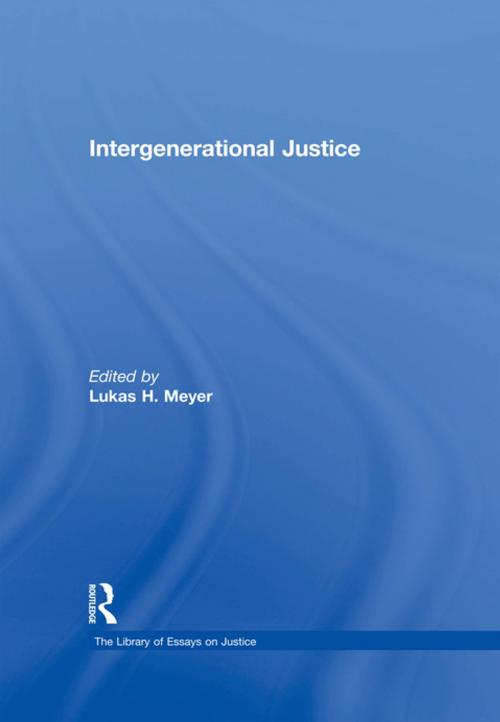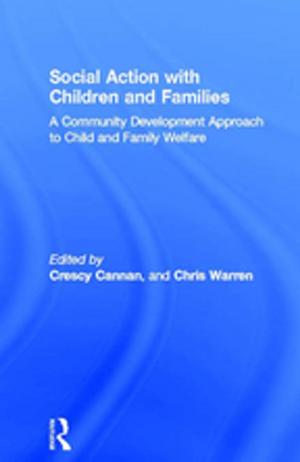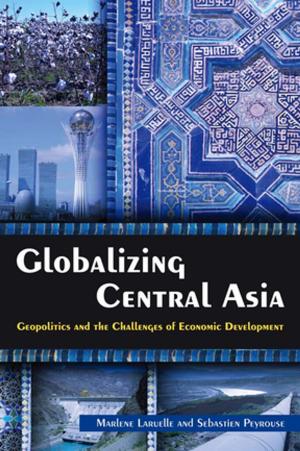| Author: | ISBN: | 9781351927048 | |
| Publisher: | Taylor and Francis | Publication: | May 15, 2017 |
| Imprint: | Routledge | Language: | English |
| Author: | |
| ISBN: | 9781351927048 |
| Publisher: | Taylor and Francis |
| Publication: | May 15, 2017 |
| Imprint: | Routledge |
| Language: | English |
The essays selected for this volume show how relations between past, current and future generations have become a major subject of philosophical research since the 1970s. The relations between people alive today with people who may exist in the future and people now deceased, differ from relations between contemporaries and in ways that raise new conceptual, logical and substantive questions. Among the questions addressed in this volume are: what is the status of people now deceased and people who may exist in the future? Can the latter be harmed by the actions of people alive today? What duties of justice do we have towards people with whom we can neither interact nor co-operate, and can people who are indirect victims of past injustices legitimately claim compensation? Answers to these questions are relevant in a number of policy areas, most notably in issues regarding reparations for historical injustice and responding to climate change and its consequences.
The essays selected for this volume show how relations between past, current and future generations have become a major subject of philosophical research since the 1970s. The relations between people alive today with people who may exist in the future and people now deceased, differ from relations between contemporaries and in ways that raise new conceptual, logical and substantive questions. Among the questions addressed in this volume are: what is the status of people now deceased and people who may exist in the future? Can the latter be harmed by the actions of people alive today? What duties of justice do we have towards people with whom we can neither interact nor co-operate, and can people who are indirect victims of past injustices legitimately claim compensation? Answers to these questions are relevant in a number of policy areas, most notably in issues regarding reparations for historical injustice and responding to climate change and its consequences.















